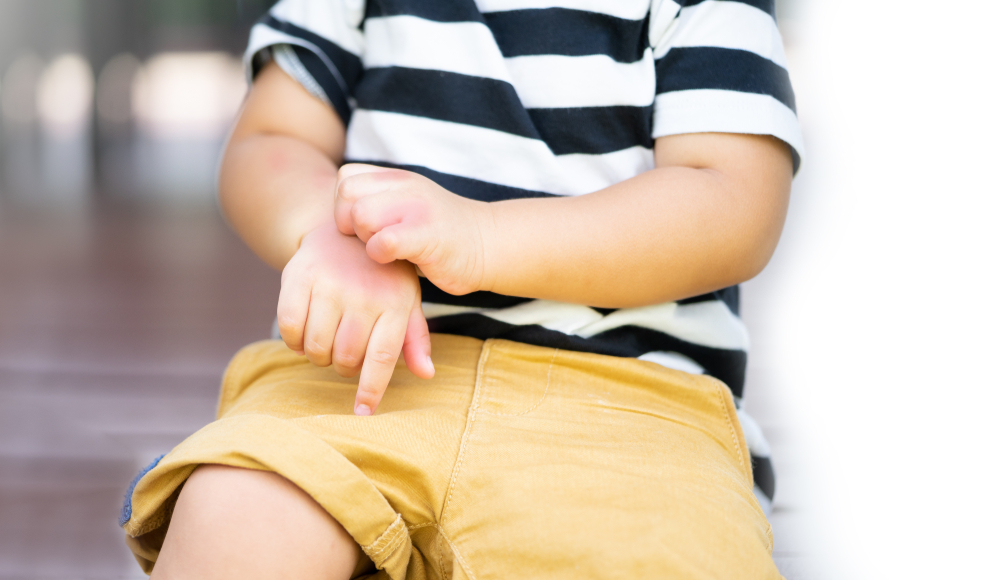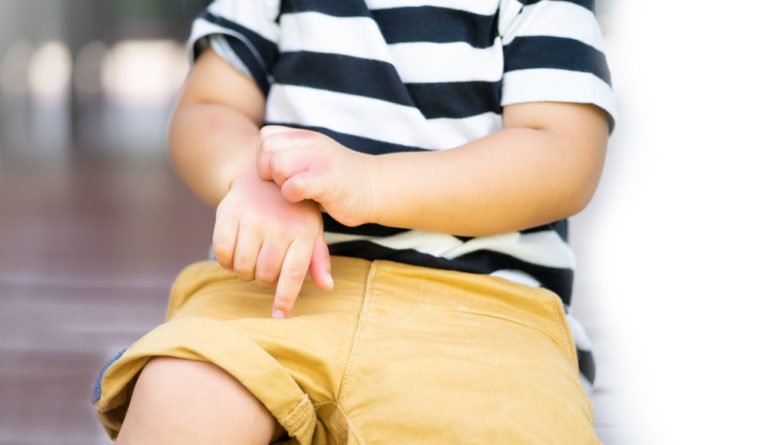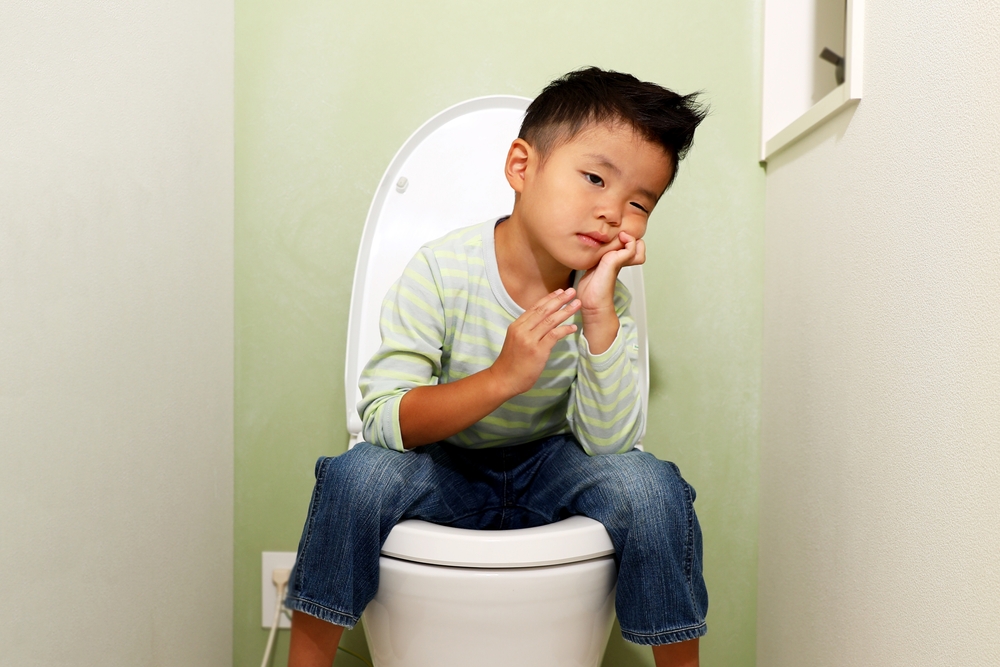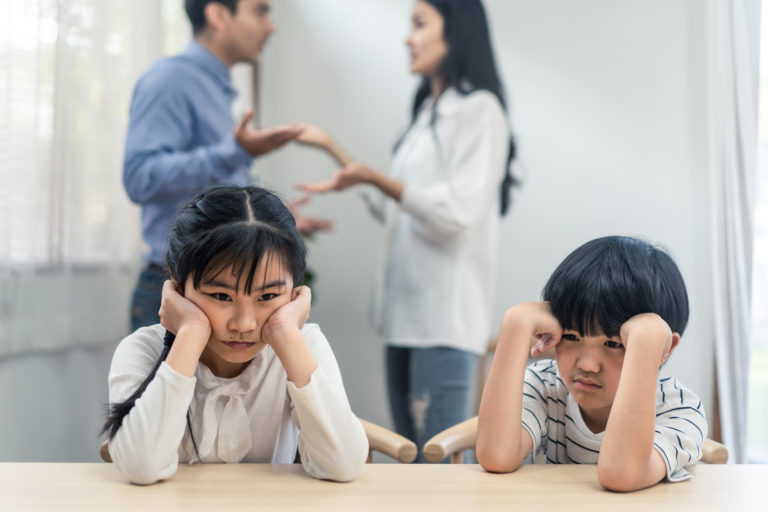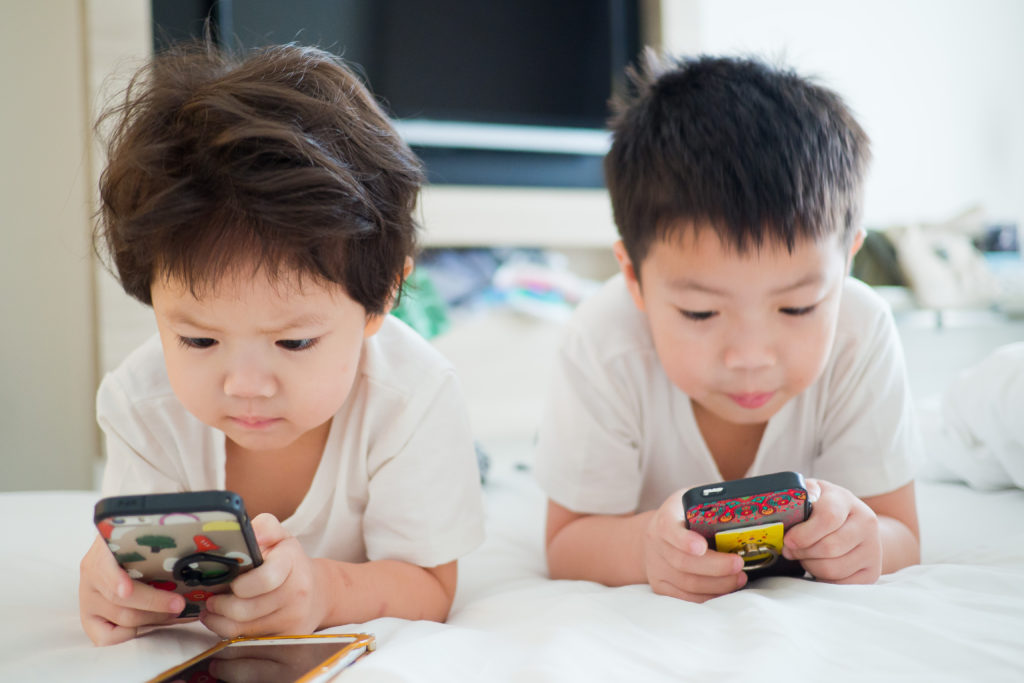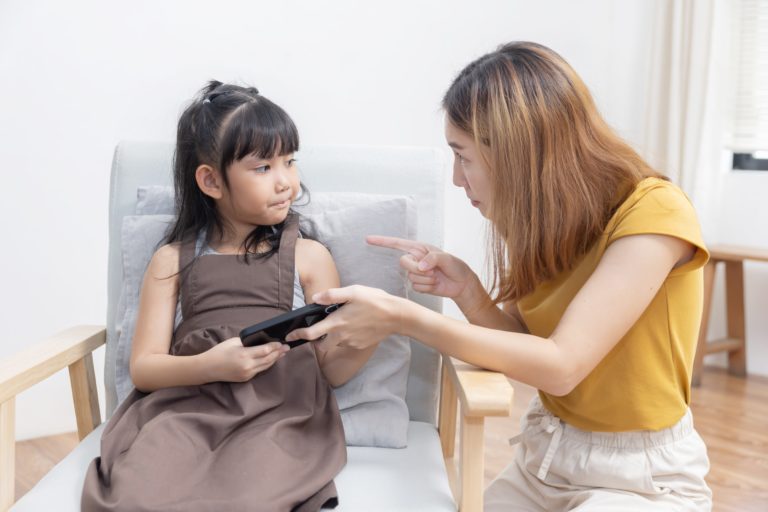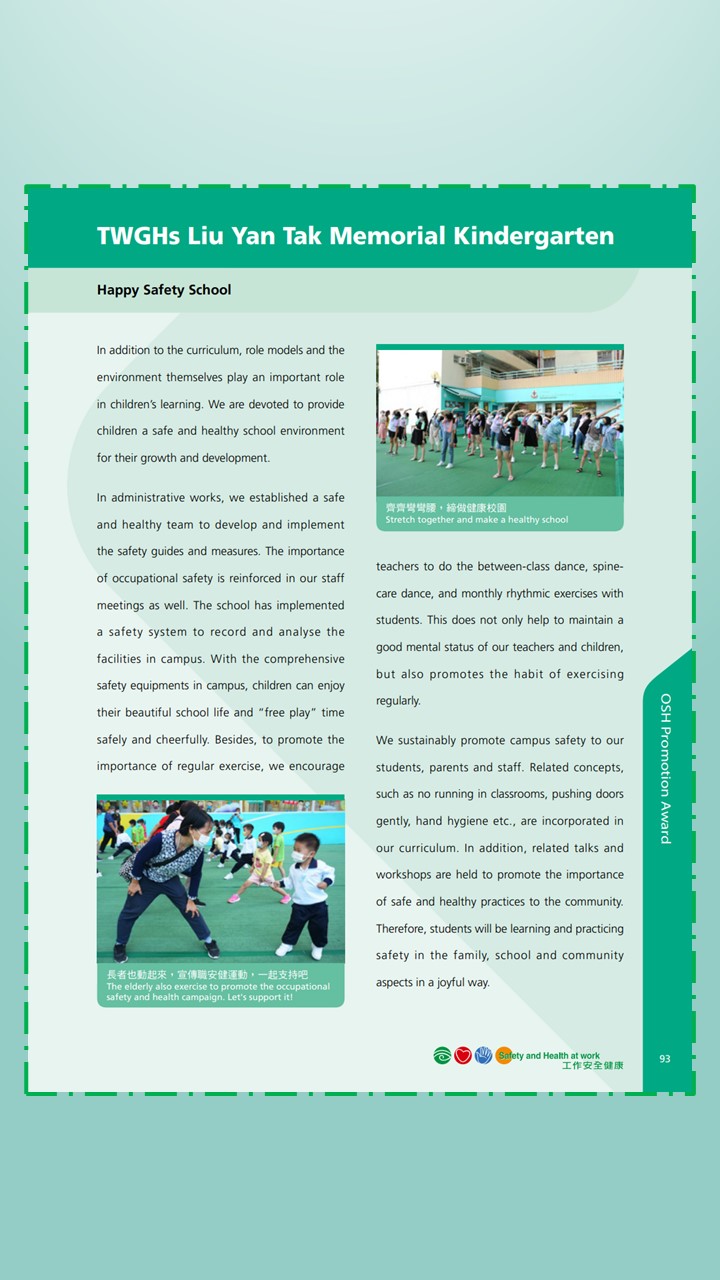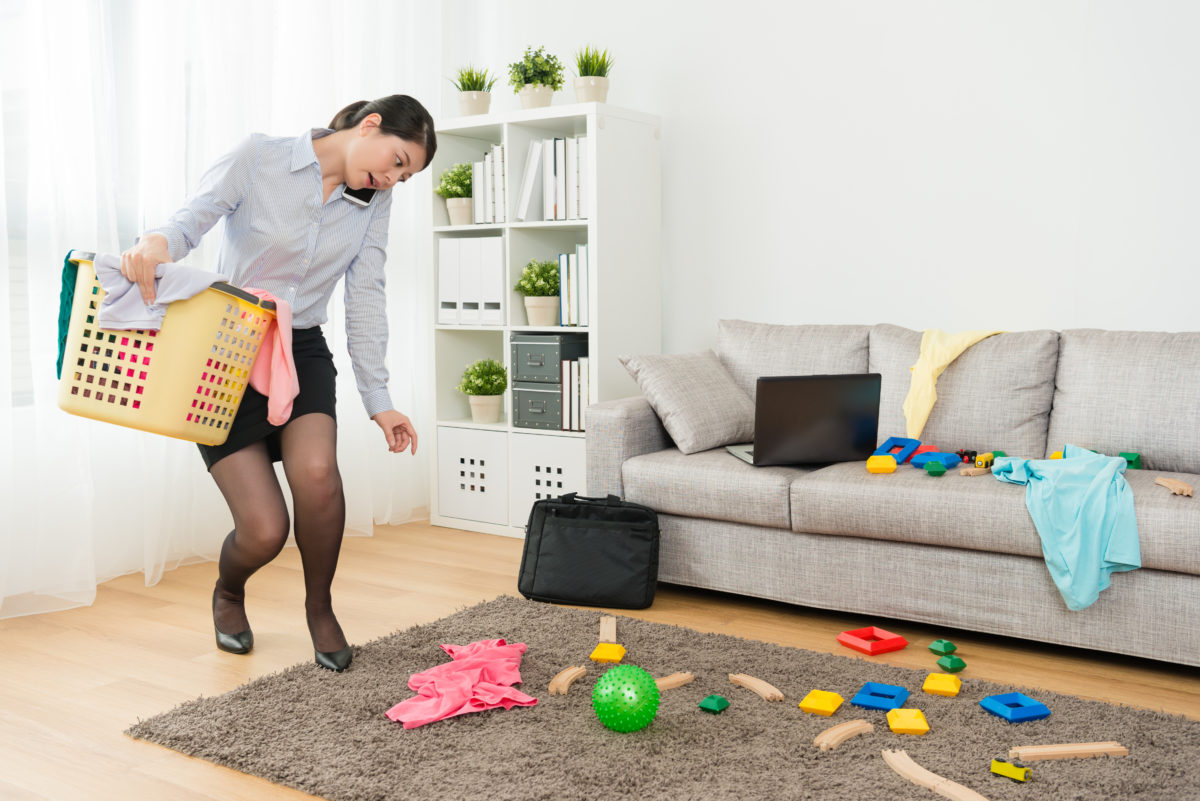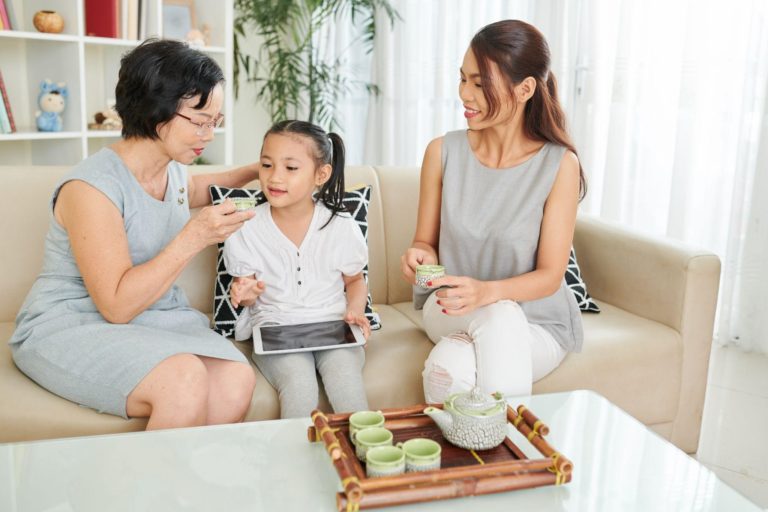Parenting Tips
system

Source: Parenting Education Specialist, Ken Sir
Parents may worry that expressing too much love to their children will spoil them and therefore do not know how to express love to them. Generally speaking, Chinese are more introverted and often dare not express their love. Especially when you originally wanted to express that you were very worried about your child, it often turns into another attitude.
Once, I saw a mother and her child get lost in Shatin and then reunite. What was the mother’s behavior like after the reunion? She grabbed the child’s hand and hit him while saying, “I couldn’t find you earlier; do you know how scared I was? I was so worried. What would I do if I didn’t find you?”
In fact, everyone knows that the mother loves her child, but the child doesn’t feel it. I often share an example during lectures to express love. When I was young, my father ordered a drink, but because money was tight, he asked the waiter to bring an extra cup after ordering one hot drink. He kept pouring the drink back and forth in front of me, trying to cool it down quickly so that the child wouldn’t burn his mouth and could drink it faster. But I found that when children ask their parents or when I asked many students’ parents, they would answer, “This will make it cool faster.”

When responding to children, parents should express their feelings at the deepest level: “I love you; why would I do this if I didn’t love you? Am I doing it for someone else? For another child? So in fact, there are many things in our lives that can express love, but there is one thing that must be remembered. If you are afraid of being overindulgent, remember the following two points:
First, if the child can do something, let them do it. You should not fight to do it. Second, when the child makes a mistake, we should correct them. In the process of correction, try to be gentle and firm. When seriousness is needed, be serious. But remind the child to say the solution, not just say no or that it’s wrong. Otherwise, the child will not progress.



